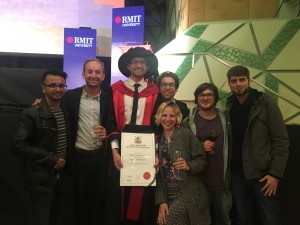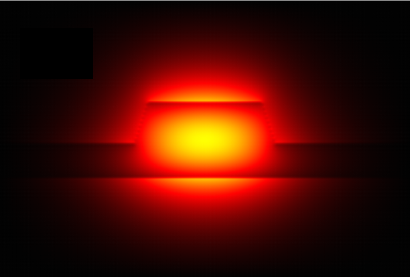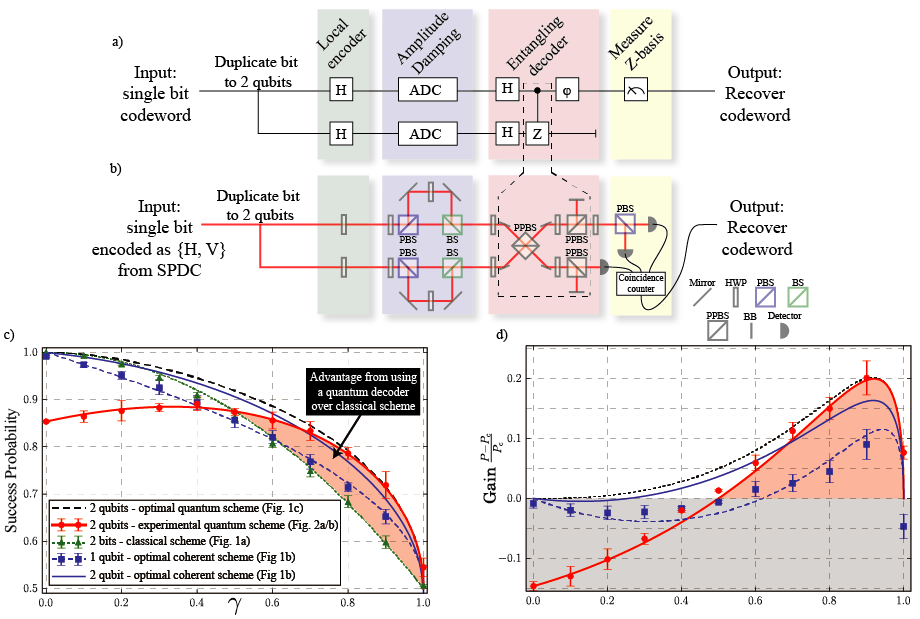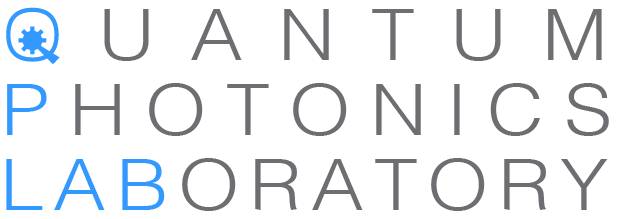Welcome to the Quantum Photonics Laboratory!
We are an experimental group at RMIT University’s School of Engineering. Our research spans from engineering photonic quantum information and communication technologies to studying quantum effects in biological, chemical and physical systems.
RECENT NEWS
Congratulations Rob on Graduating!
Quantum Photonics Laboratory student Robert Chapman has Graduated his PhD!
Rob has been working in the Quantum Photonics Laboratory since it’s formation in 2013.
During his PhD, Rob has published first-author papers in Nature Communications, Physical Review Letters, and Physical Review A.
Rob’s research focuses on algorithms and protocols for quantum information technology and performing photonic proof-of-concept experiments.
He is now working as a Postdoctoral Research Officer in the Quantum Photonics Lab.
New ultra-low loss waveguide platform published in Optics Express

A new integrated photonics platform has been developed by the Quantum Photonics Laboratory at RMIT.
This platform enables great advancements in both academic research and in commercial telecommunications.
The research team has developed a new fabrication method to create highly compact photonic circuits in lithium niobate, one of the most promising materials platforms for integrated photonics.
Lithium niobate, the central platform for telecommunication technology, promises fast reconfigurable circuits and nonlinear optical signal processing. To date, however, lithium niobate devices have been limited by component size.
The new platform developed in the Quantum Photonics Lab allows highly compact circuits while achieving very low propagation loss; a key requirement for any integrated photonic technology.
These results have recently been published in Optics Express and have already been cited several times in a matter of weeks.
Quantum enhanced transmission over an amplitude damping channel published in Physical Review A

A new protocol demonstrating quantum enhanced robustness to noise has been implemented by the Quantum Photonics Lab
The novel scheme requires only one additional bit of data and entanglement to dramatically increase the data recovery probability.
When a single data bit is transmitted, the success probability is experimentally enhanced by over 20%.
Furthermore, when a two-bit message is transmitted, the enhancement is over 50% compared to optimal clasical protocol.
These key results have recently been published in Physical Review A.
